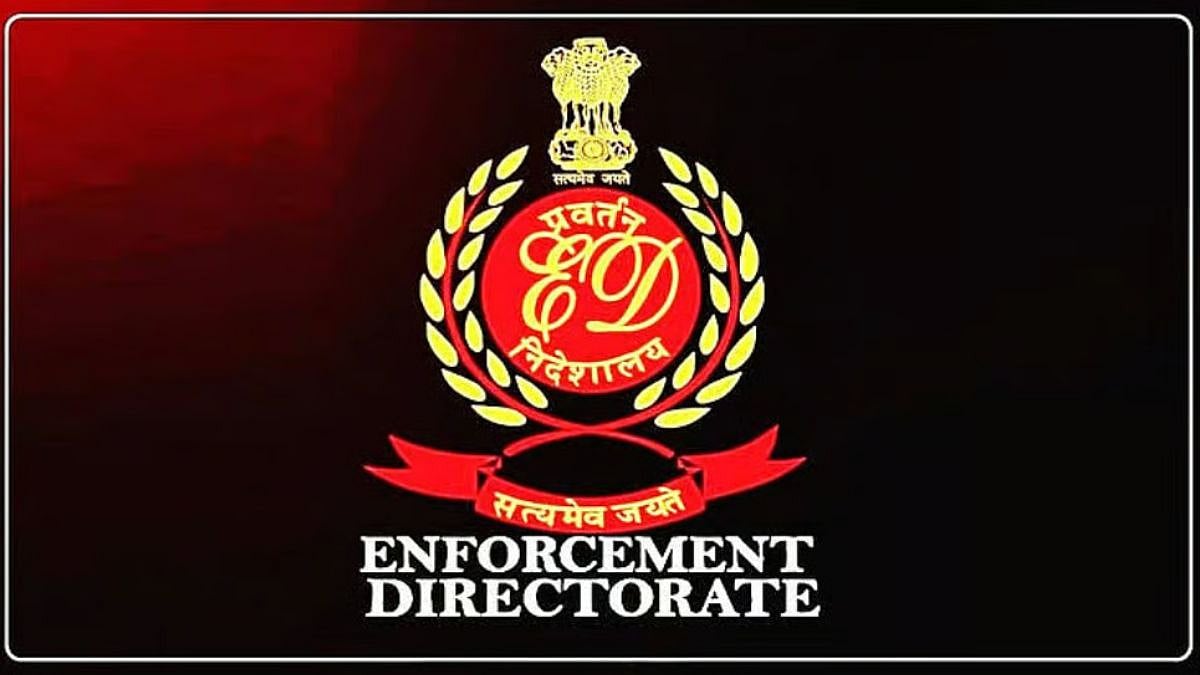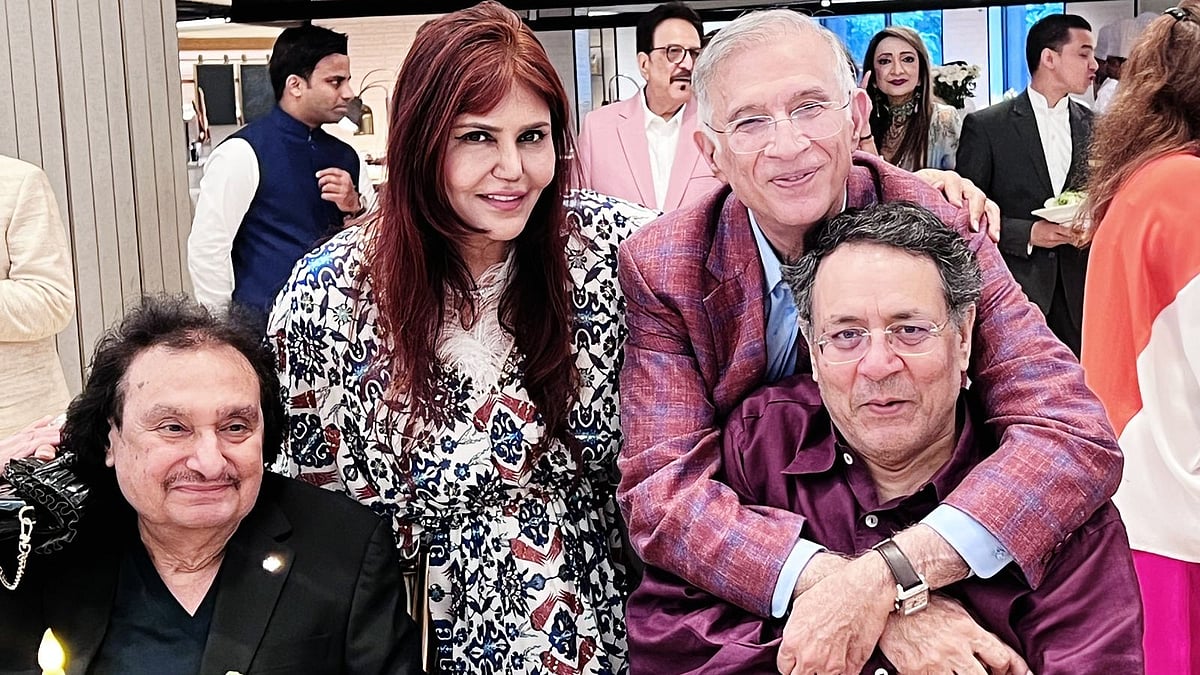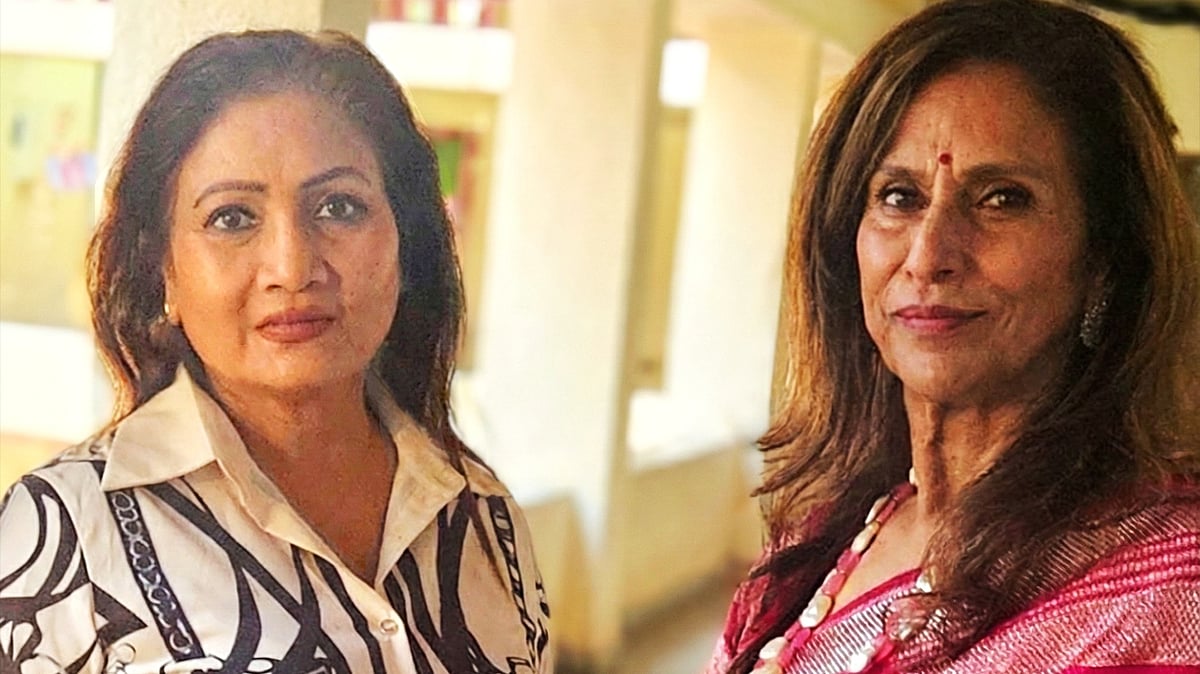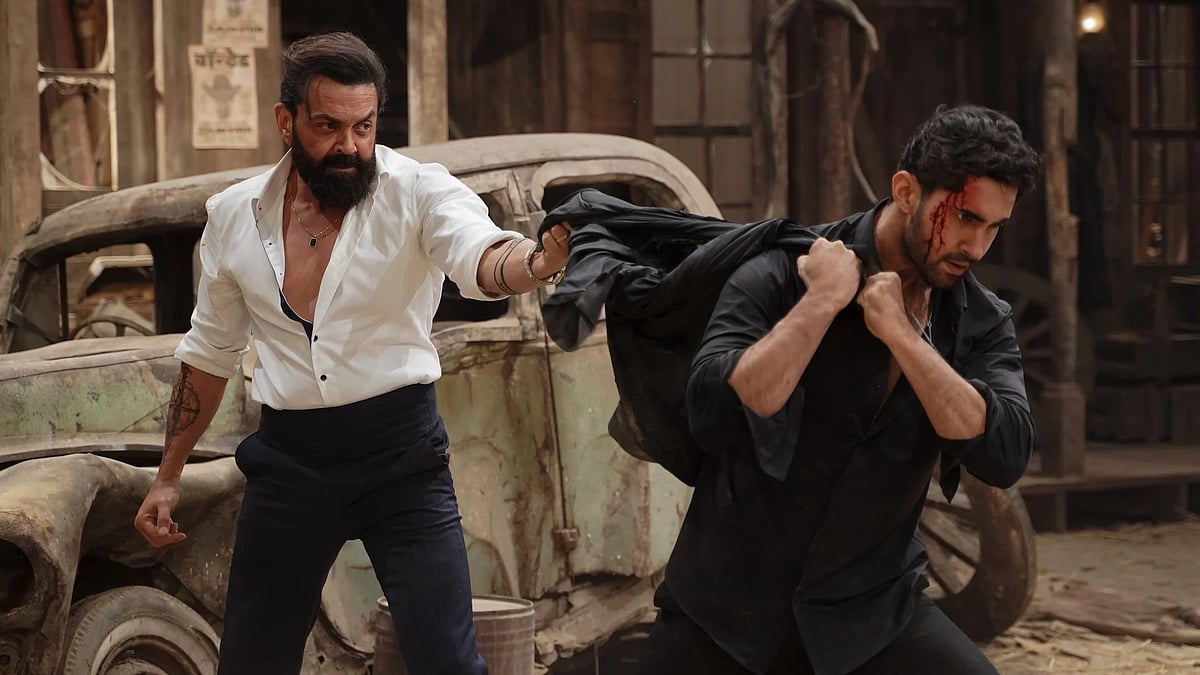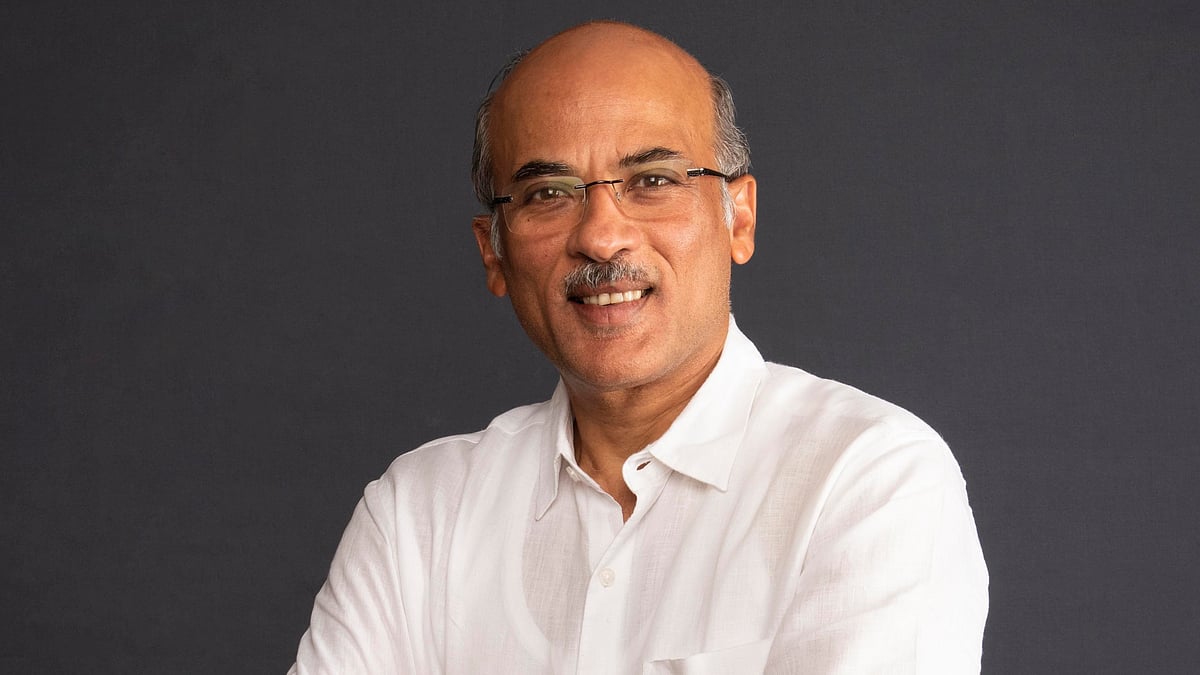This year, once again June 14 will be celebrated across the globe as World Blood Donor Day. The slogan for this year’s campaign is ‘Safe Blood for All’. It aims to encourage more people from all over the world to become blood donors and donate blood regularly.
These steps are essential in building a strong foundation of stable national blood supplies that are sufficient to meet the needs of the people.
The day and the theme is also a call to action to all governments, national health authorities and national blood services to provide adequate resources and put in place systems and infrastructures to increase collection of blood from voluntary, regular unpaid blood donors; to provide quality donor care; to promote and implement appropriate clinical use of blood, and to set up systems for the oversight and surveillance on the whole chain of blood transfusion.
While there are nations which obtain all their blood supplies from voluntary unpaid donations, India falls in the category which does not have sufficient supply of blood in many states and districts.
Although there is an increase in awareness among the people regarding the importance of blood donation, according to the official data presented in 2018, India still felt short of the minimum requirement by 15% as per WHO norms which is 1.9 million units of blood in the year 2016-17.
There is no substitute for human blood. It cannot be manufactured. Blood cannot be stored for long. There is a constant need for blood donation to meet the demand for blood and its components. Many people are scared about donating blood because of the various myths regarding it.

Also, there are instances where people expect some reward when asked to donate blood in the form of cash or kind despite paid blood donation being banned by the Supreme Court of India. People often fail to look at the bigger picture which would be their gift to humanity.
Dr Krishna Gandhi, Pathologist, Suburban Hi-Tech Blood Bank in Malad says, “We have sent an invite to all our regular blood donors for the upcoming World Blood Donor Day.”
Talking about the blood supplies she pointed out that sometimes there is a surplus of blood in the blood banks as many organisations organise blood donation camps during festivals of Ganesh Chaturthi or Dussehra. There is demand and supply gap but there is a change in the trend as people are more openly coming out and donating blood especially during emergencies.
Bapu Kalokhe, Executive, Medical Social Worker, Blood Bank at the Breach Candy Hospital Trust explains, “There was a shortage of blood the last month but we have collected enough blood by organising donation camps on June 2 and we have one more camp scheduled in the upcoming days.”
They are also planning a small celebration at the hospital which will include the staff and frequent blood donors on World Blood Donor Day. “People are scared or they have a negative mindset about donating blood,” says Kalokhe. “When we organise camps in a corporate office where around 200 people work, only 35-40 turn up to donate blood.
This is highly disappointing.” Also, the lifestyle and unhealthy food habits of the younger generation is responsible for the drop in blood donation. Many young people have blood pressure and cholesterol for which they end up being rejected during the blood donation camps.
Various NGOs are working with the government, BMC, Trust run and private blood banks to increase voluntary blood donation. NGO Tarun Mitra Mandal organises blood donation camps thrice a year across Mumbai and its neighbouring districts since 1968.
They have collected more than 1.2 lakh units of blood in 86 camps till date. Komal Manoj Gada, member of the working committee of Tarun Mitra Mandal says, “Blood cannot be produced artificially and one person donating around 350 ml of blood can save three lives.
There is a constant requirement of blood for pregnant women, cancer and thalassemia patients. People need to understand that it is a very simple process which takes barely 15-20 minutes and is completely safe. All the members in my family are frequent blood donors and my husband has donated blood more than 70 times.”
Their mobile application available online helps people to sign up to donate blood and request for blood during an emergency. They also have the contact details of various blood banks they have tied up with.
Micro blogging site Twitter launched a social initiative #BloodMatters to help the cause of blood donation in India last year. It partnered with Blood Donors India which is on Twitter with the handle @BloodDonorsIN which is a voluntary blood donation helpline on Twitter since a decade.
All users have to do is tweet to @BloodDonorsIn with their location, blood type, and contact details if they have a request to make. Cricket commentator and analyst Harsha Bhogle is among those who retweet requests regularly.
Even Facebook has a feature which connects people/organisations who need blood donations to volunteer blood donors. Facebook has teamed up with health industry experts and non-profit organisations to make sure that this feature is safe for donors as well as recipients. Blood donation may finally become a part of our daily life.
By JAY PANDYA
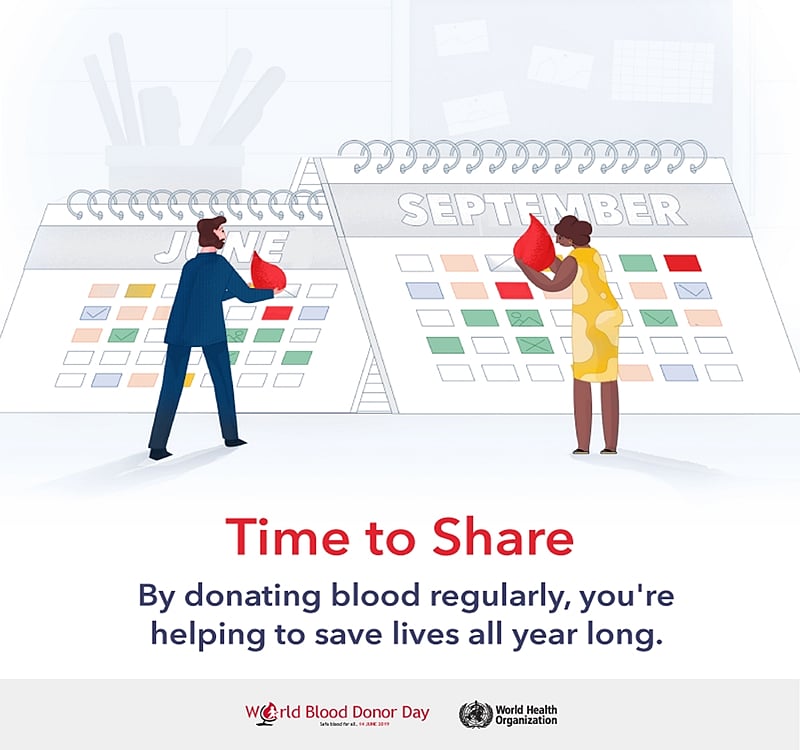
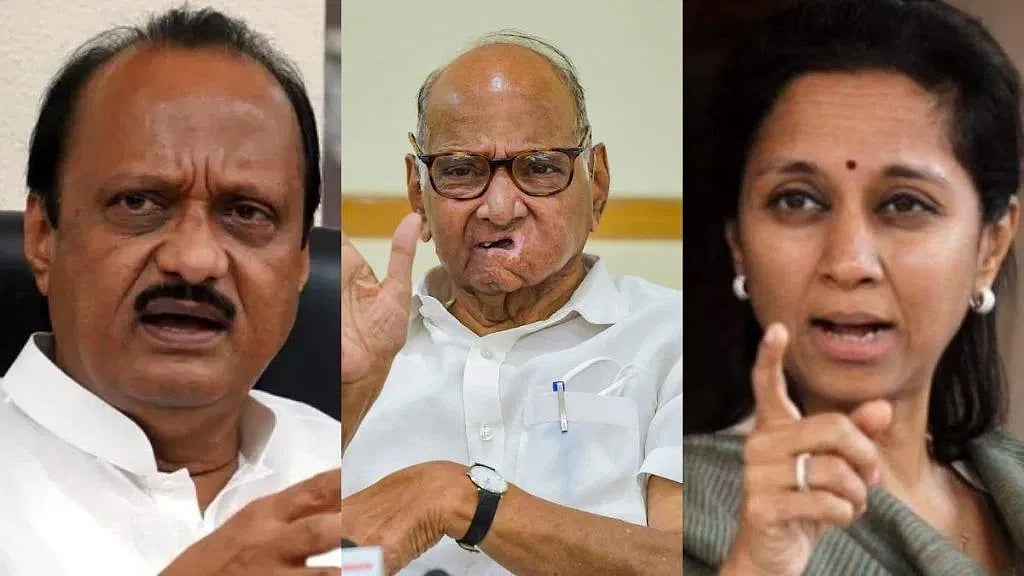
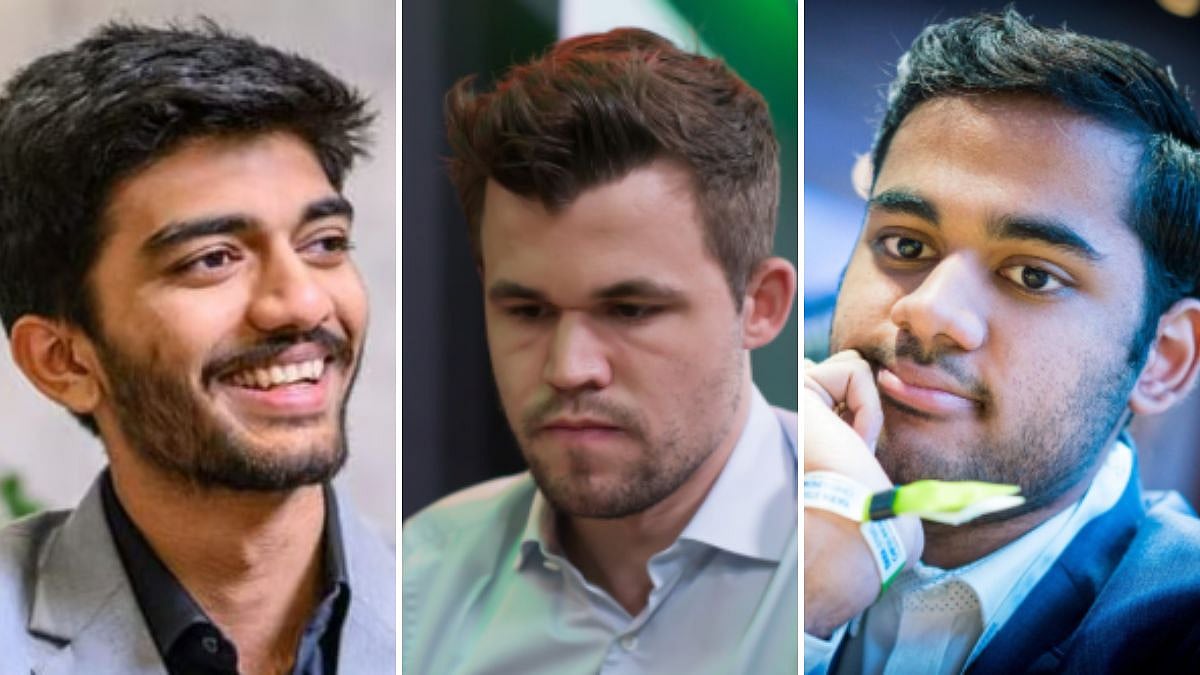
.webp)
